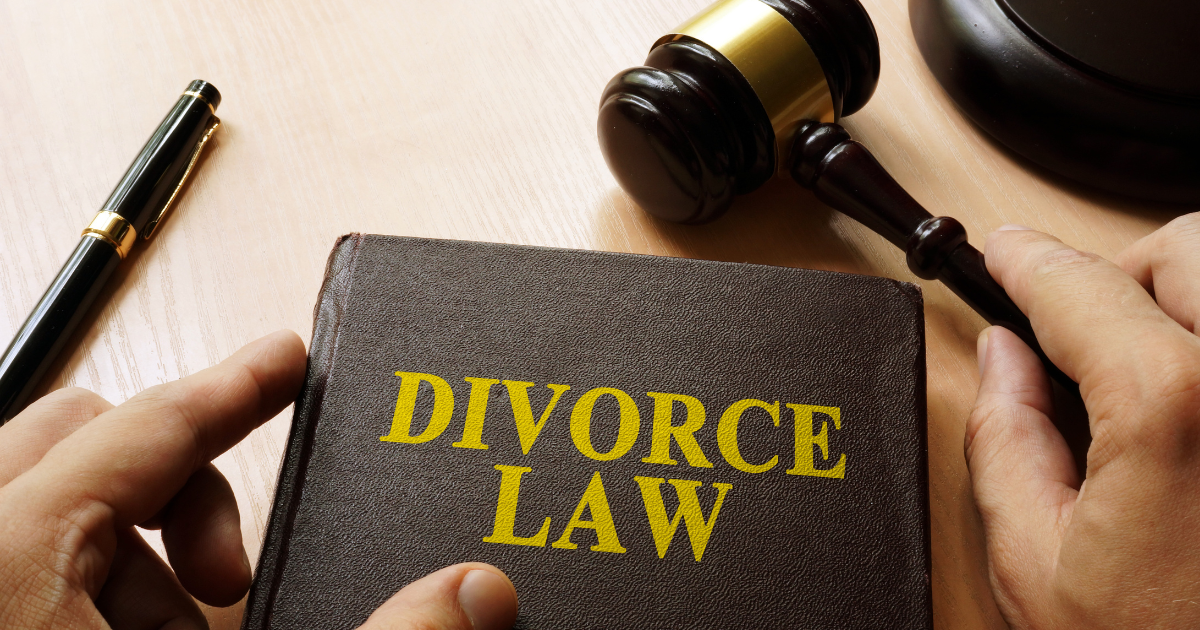Middlesex County Grandparents’ Rights Lawyer
Family dynamics can be complicated, and when relationships between parents and children break down, grandparents often find themselves caught in the middle. As a grandparent, you may find that your relationship with your grandchild is at risk due to family disputes, divorce, or other circumstances.
In New Jersey, grandparents do have legal rights when it comes to visitation and, in some cases, custody. However, navigating these legal processes can be difficult without the assistance of an experienced lawyer.
If you are a grandparent in Middlesex County seeking to establish or enforce your rights, the experienced legal guidance of Megha R. Thakkar, Esq., a dedicated Middlesex County divorce lawyer, can be invaluable in helping you secure the relationship you deserve with your grandchildren.
Understanding Grandparents’ Rights in New Jersey
New Jersey law provides certain rights for grandparents, but these rights are not automatic. In most cases, a grandparent must petition the court to seek visitation or custody, and the court will make decisions based on the best interests of the child. It’s important to note that grandparents’ rights in New Jersey are not as broad as a parent’s rights, and the legal process can be complex.
Grandparents can generally seek visitation with their grandchildren under two key circumstances:
- In the event of divorce. If parents divorce, the court may grant visitation rights to grandparents, especially if there is an existing relationship between the grandparent and grandchild.
- If a parent has passed away or is incapacitated. When a parent is deceased or unable to care for the child, grandparents may be able to seek custody or visitation.
However, when both parents are living, it can be more challenging for grandparents to gain visitation rights if one or both parents object. The court will evaluate several factors to determine whether it’s in the best interests of the child to maintain a relationship with their grandparents.
Can Grandparents Seek Visitation Rights?
Yes, in New Jersey, grandparents can seek visitation rights, but it’s not a guaranteed outcome. To do so, grandparents must file a petition for visitation with the court, and the court will carefully consider the facts of the case. A grandparent can only seek visitation if:
- The grandparent had a significant relationship with the child before the petition.
- The grandparent’s visitation would not interfere with the parents’ ability to make decisions regarding the child.
- Denying visitation would harm the child’s well-being, and the grandparent can show how the relationship with the grandparent positively impacts the child.
It’s important to note that while a grandparent’s relationship with a grandchild is important, the court will generally prioritize parental rights and decisions. If one or both parents object to the grandparent’s request, the grandparent will need to present strong evidence that visitation is in the child’s best interests.
Can Grandparents Seek Custody?
In some situations, grandparents may seek custody of their grandchildren if the parents are unfit or unable to care for the child. Custody disputes are often more complicated than visitation disputes, and courts will only grant custody if the grandparent can demonstrate that it is in the child’s best interests. This typically occurs when there are issues such as:
- Abuse or Neglect: If the child is being abused or neglected by the parents, a grandparent may petition the court for custody.
- Substance Abuse: If a parent is struggling with addiction and is unable to provide a stable and safe environment for the child, the grandparent may be granted temporary or permanent custody.
- Incarceration: If a parent is incarcerated and unable to care for the child, the grandparent may seek custody as an alternative caregiving arrangement.
- Parental Death or Incapacity: If one or both parents have passed away or are incapacitated, a grandparent may step in to seek custody of the child.
In these situations, the court will evaluate the living situation and the stability the grandparent can provide. The court will also consider whether the grandparent’s home is a safe, supportive environment for the child and if the grandparent is prepared to meet the child’s physical, emotional, and developmental needs.
What Factors Do Courts Consider in Grandparents’ Rights Cases?
New Jersey family law requires courts to consider several factors when determining whether to grant visitation or custody rights to grandparents. The most important of these is the best interests of the child. Courts are guided by this principle in all child custody and visitation decisions, whether the dispute involves parents, grandparents, or other relatives. Some of the factors the court may consider include:
- The relationship between the child and the grandparent. If the grandparent has had a meaningful relationship with the child, this will weigh in their favor.
- The emotional and psychological well-being of the child. The court will assess how the child’s relationship with the grandparent may affect their emotional and psychological health.
- The parent’s objections to visitation or custody. If a parent objects to the grandparent’s involvement, the court will consider their reasons. If the objection is based on concerns about the child’s welfare, the court will need to determine whether the grandparent poses a risk to the child.
- The child’s relationship with both parents. Courts will also consider the child’s relationship with their parents and whether granting visitation or custody to the grandparent would negatively impact that relationship.
- The stability of the grandparent’s home. The court will look at whether the grandparent’s home is stable, safe, and appropriate for the child to live in.
Common Challenges Grandparents Face in Custody and Visitation Cases
Grandparents often face significant challenges when seeking visitation or custody. In New Jersey, parents have constitutional rights to raise their children without interference from extended family members. This means that unless there is a compelling reason to do so, courts are generally reluctant to override the wishes of the parents. As a result, grandparents must present a strong case that their involvement is in the child’s best interest.
The emotional nature of family law disputes can also make these cases difficult. In some instances, parents may be unwilling to allow grandparents visitation due to personal disagreements, divorce conflicts, or concerns over the grandparent’s influence. These factors can make it even more difficult for a grandparent to gain the right to visit or care for their grandchild.
How Can a Middlesex County Grandparents’ Rights Lawyer Help?
Navigating the legal process for grandparents’ rights requires an experienced lawyer who understands the nuances of New Jersey family law. Here’s how Megha can assist:
- Petitioning the Court for Visitation or Custody: If you want to pursue visitation or custody, your lawyer will file a petition on your behalf and guide you through the legal process.
- Gathering Evidence: A strong case for visitation or custody requires evidence of the grandparent-grandchild relationship and the benefits of that relationship. Your lawyer will help you gather the necessary documentation, including photographs, testimony, and other relevant evidence.
- Court Representation: Megha will represent you in court, advocating for your rights and working to ensure the court sees the importance of your relationship with your grandchild.
- Negotiation: In some cases, an amicable resolution may be reached through mediation or negotiation with the parents. Your lawyer can help facilitate discussions and find a solution that works for everyone involved.
- Post-Judgment Modification: If your circumstances change or the parents’ behavior shifts after a judgment is made, your lawyer can assist in modifying the visitation or custody arrangement.



